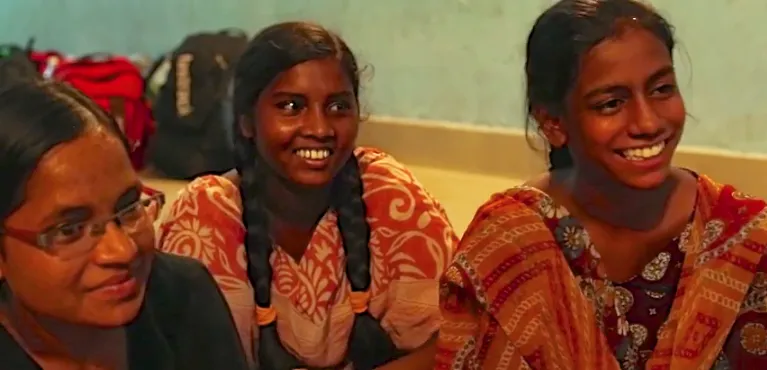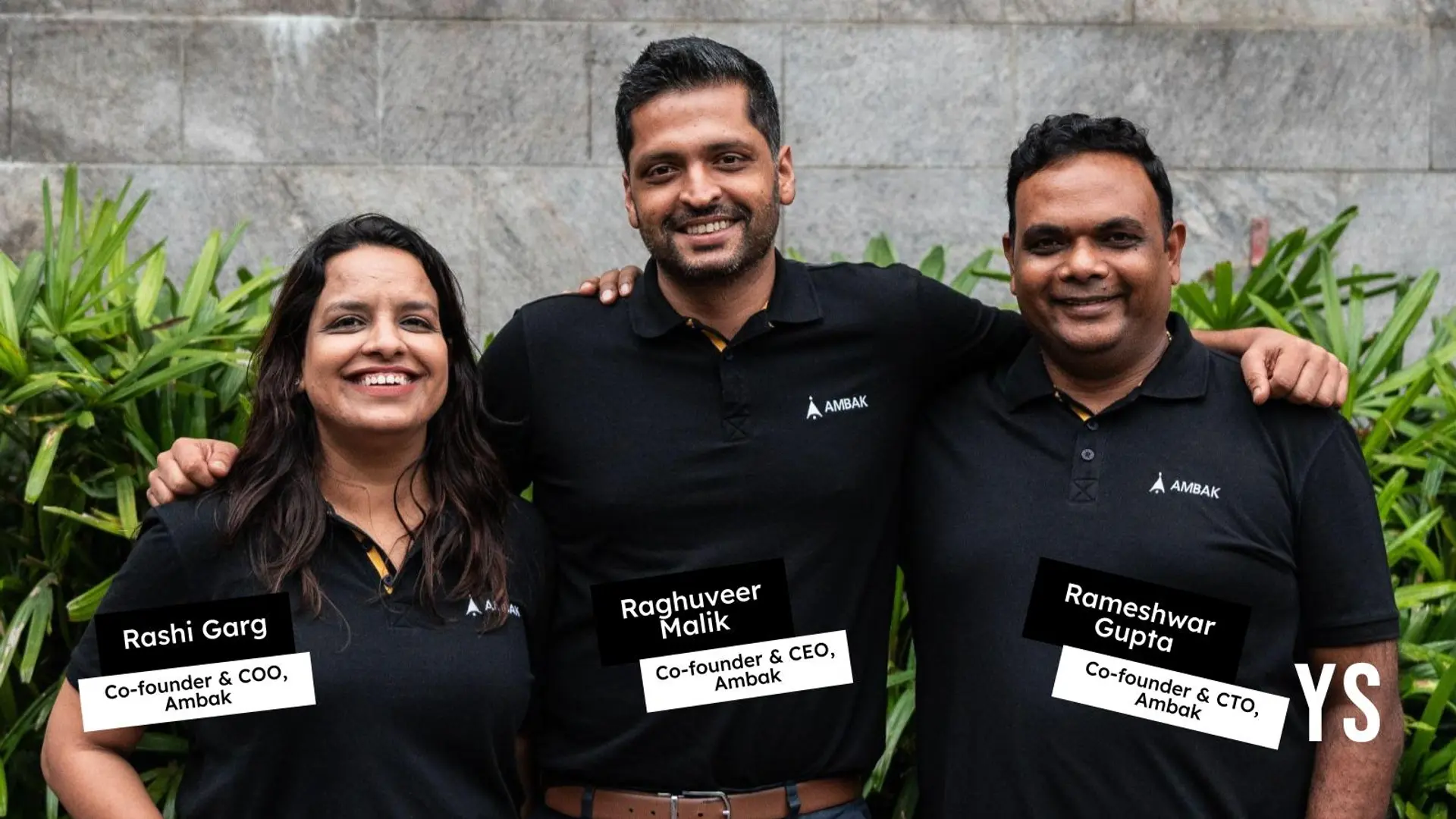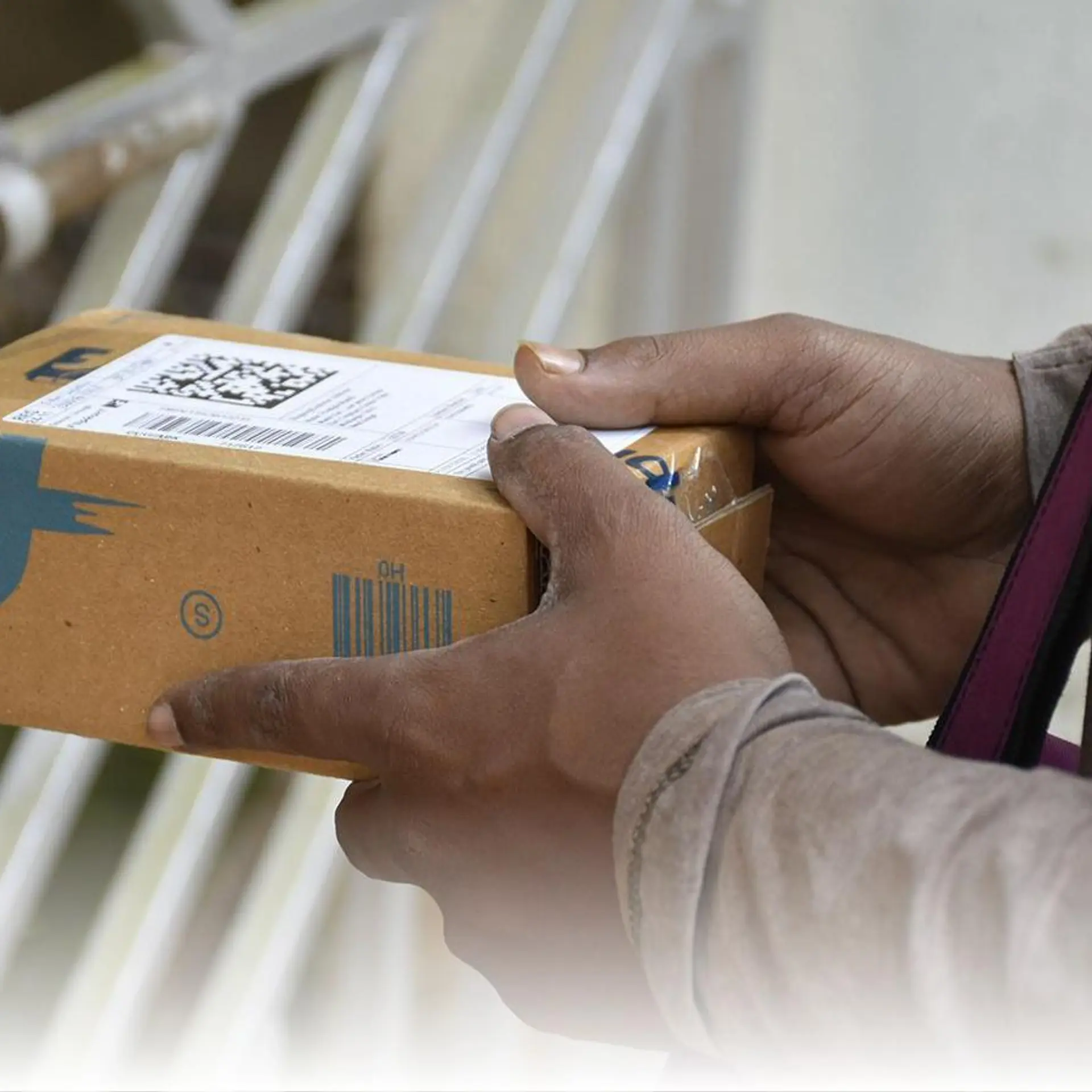Shattering the silence with celebration, a woman's perspective
Numbers can adequately explain problems society faces, but stories have much louder voices. As a social enterprise in India, Aakar strives to accentuate the severity and depth of menstrual taboos. It is important to share the realities of how these stigmas affect the lives of individual women. Women that we know and love.

So many more stories will always go untold, of women who live in silent resignation, of women who will never get the chance to voice their truths. And then there are also the stories of strength and resilience, of women who rise above the restrictions placed upon them by society with an unbreakable, unashamed and raw ferocious spark.
Shradha Sharma, Founder, YourStory says,
We have all these coffee table conversations about women’s issues, but we cannot forget that eveyone has their own realities. And these realities are shaped by every individual’s experiences. Only when we move beyond conversation, and see the humanity in someone else’s reality, can truth come to surface. And its amazing what these truths reveal. We all need to participate in this questioning to move beyond the conversation.
She further adds, “This issue is very personal for me, because I have lived this truth. I was born in a family with four daughters, in a society where daughters are seen as liabilities. We were raised with a dowry question mark on our heads, with a constant nagging guilt for our gender. And we questioned everyday how to overcome it.
And when puberty hits, you go through the whole experience of menstruation, a time that is so personal to a woman. It’s your realization that you are a woman! And when you realize that the very definition of womanhood is attached to a cost (of buying a sanitary napkin), a responsibility, an impurity, you see yourself as a burden. Something is being wasted on me because of my body.
To me, that is why it is even more important that during these most vulnerable times, girls should be assured, they should be made to feel special! Hey, you are a woman! You are beautiful! You are good! You are valued!
For me this was a period (laughs), a period of time where I became displeased with being a woman. I questioned society at a very young age; why was I not allowed into the temple? Or to sit in the pooja room? This defines the way girls view themselves for their whole life. And I came from an educated family!”
For those who are not as fortunate, this experience is doubly degrading and difficult. For women who work in the cities, they bring their daughters, and their daughter’s daughters. They use cloths; it’s washed and reused. It’s a concern of daily hygiene as well as overall health. For hundreds of millions of women, right? That’s huge! It’s hard to even imagine because it’s not in our thinking! But it’s a reality.
Shradha exclaims, “So what do we do about it? For me, this is much more than a question of hygiene. It’s about how we, as a culture, can make a celebration out of womanhood! We should feel honoured that we are women!
As human beings, not as men and women, we should all do our part to make our wives and daughters, our sisters, and mothers feel that they deserve the same dignity as anyone else. Can we help ten women? Can we make their lives better?
That is why, for me, this campaign with Aakar is so encouraging. These two guys (Jaydeep & Sombodhi) are trying to do something that I can’t do right now. I can’t go to Bihar or Rajastan to distribute sanitary pads and create social awareness, but Aakar can! And that is why I am supporting them. So that they go into communities and train women to take pride in their own bodies, who then teach others to advocate for themselves and other women around them.
I want to tell all the people reading and thinking about this, let’s support those who are going and making this change happen. This is our way of showing love. We need to show women that they matter, and that there are people who are fighting for them!”
In advocating for a woman’s rights, it is important that she alone has control over her body, making the choices surrounding her own health. To battle the worst of menstrual taboos, it is not enough to hand over sanitary napkins and hope the problem is solved. The stigma must be slashed at the roots; chopping away the flawed socialisation that tells innocent young girls they are dirty, long before they even begin to bleed.
To cultivate new understandings, Aakar is addressing these deeply entrenched cultural norms by educating rural women on myths and health concerns surrounding menstrual hygiene, and then training them to spread awareness within their own communities. These women are intrinsic to Aakar’s model because they are able to foster a trust and kinship that none of us could achieve from afar. Aakar cannot accomplish this without support from those of us who already have the means and insight necessary for a healthy, dignified life. Please contribute, and help break the silence engulfing millions of Indian women.
Contribute at: www.ketto.org/aakarinnovations







